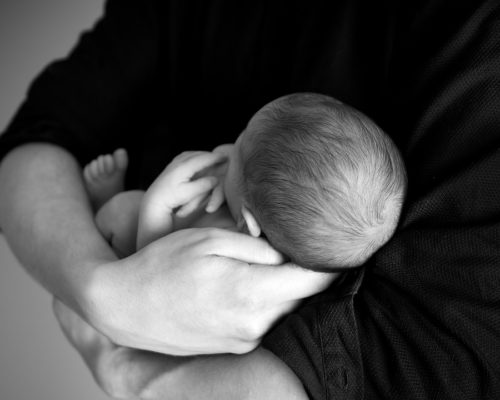Hepatitis B is a contagious liver disease caused by the hepatitis B virus. There are two “types” of hepatitis B: acute and chronic. When a person is first infected, they can develop an “acute” infection in the first six months. While some are able to fight off the infection, for others, the infection becomes “chronic”. Chronic hepatitis B refers to the infection when it remains active instead of getting better after 6 months. Over time, the infection can cause serious health problems, and even liver cancer.
Hepatitis B virus is spread through blood or other body fluids that contain small amounts of blood from an infected person. The virus can be spread even when people are not showing symptoms.
Babies and children can get hepatitis B in the following ways:
- At birth from their infected mother
- Being bitten by an infected person
- By touching open cuts or sores of an infected person
- Through sharing toothbrushes or other personal items used by an infected person
- From food that was chewed (for a baby) by an infected person
It is important to note that infants and young children usually show no symptoms. But, in adults and older children, hepatitis B infections can cause the following:
- Loss of appetite (not wanting to eat)
- Fever
- Tiredness
- Pain in muscles, joints, and stomach
- Nausea, diarrhea, and vomiting
- Dark urine
- Yellow skin and eyes
Hepatitis B can be very serious. While some feel sick, they will have an acute case and get over the illness within 6 months. For others, the virus infection remains active in their bodies for the rest of their life. Even with a lack of symptoms, the virus causes liver damage and could eventually lead to liver cancer.
Doctors recommend that all children receive the hepatitis B vaccine. It can:
- Protect your child from hepatitis B
- Protect other people from the disease by reducing the chance of passing the disease on to others
- Prevents your child from developing liver disease and cancer from hepatitis B
- Keeps your child from missing school or child care (and keeps you from missing work to care for your sick child)
It is recommended by doctors that your child receive 3 doses of the hepatitis B shot. Generally, shots are received at the following ages:
- Shortly after birth
- 1 through 2 months
- 6 through 18 months
For more information, visit CDC.gov.
Source: https://www.cdc.gov/vaccines/parents/diseases/child/hepb.html
For more information on Hui Mālama Ola Nā ʻŌiwi Immunization Program, click here. http://staging1.hmono.org/immunization-program/

